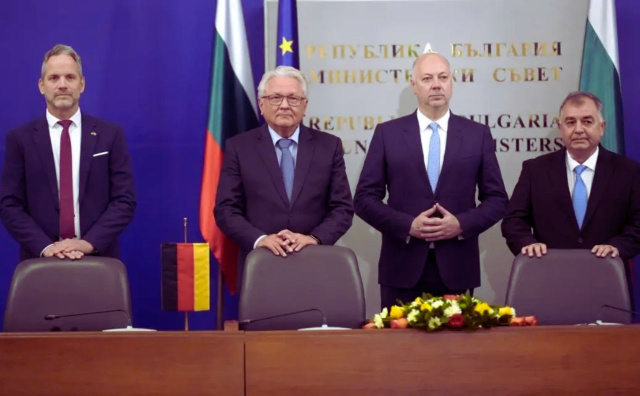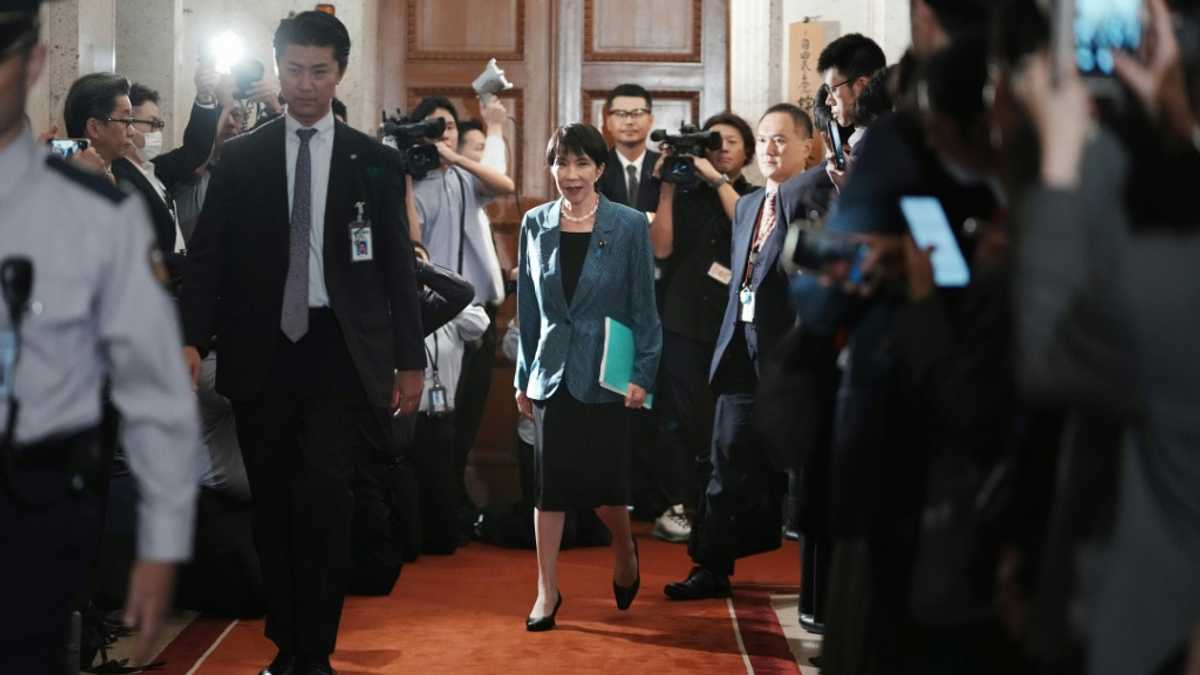Copyright novinite

Bulgaria and the German defense giant Rheinmetall have officially launched their joint project to build a state-of-the-art facility for gunpowder and 155-millimeter ammunition production. The agreement was signed at a formal ceremony in the Council of Ministers in Sofia, marking one of the largest industrial investments in Bulgaria in recent years, valued at nearly 1 billion leva (500,000 euros). The contract was signed by Rheinmetall CEO Armin Papperger and Roman Köhne, head of the company’s Weapons and Ammunition division, alongside VMZ–Sopot Executive Director Ivan Getsov, representing the Bulgarian side. The event gathered key figures, including Prime Minister Rosen Zhelyazkov, Deputy Prime Minister and Innovation Minister Tomislav Donchev, and Economy and Industry Minister Petar Dilov. GERB leader and former prime minister Boyko Borissov also attended, as did Germany’s ambassador to Bulgaria, H.E. Irene Maria Plank. Earlier in the day, Borissov personally welcomed Papperger at Sofia’s Vasil Levski Airport. In a video posted on his Facebook page, he greeted the guest with the words “Welcome, we met all the deadlines,” emphasizing that the contract was, in his view, a result of his own efforts. He reminded that he had previously traveled to Düsseldorf to meet Rheinmetall’s management and highlighted that the agreement was achieved in competition with Hungary, saying that “Orban and I were competing to see who would be faster.” Prime Minister Zhelyazkov described the signing as the conclusion of “a dynamic but positive process,” underscoring the importance of the project for Bulgaria’s economic and defense development. The government stressed that the plant is of strategic importance not only for Bulgaria but for the entire European Union, as it will help strengthen Europe’s defense capabilities and strategic autonomy amid a shifting geopolitical climate. The new facility, which will produce gunpowder, 155-millimeter artillery shells, and modular charge systems, will be developed through a joint venture between Rheinmetall and VMZ–Sopot. The project aims to modernize Bulgaria’s defense industry, restore part of the country’s lost production capacity, and position it as a competitive player within the European defense supply chain. According to the government’s statement, the investment will generate substantial economic benefits. It is expected to contribute to Bulgaria’s industrial growth, bring in cutting-edge technology, and create around 1,000 new high-skilled jobs. Officials pointed out that the project aligns with broader European efforts to increase defense readiness and local production capabilities within NATO and the EU. Rheinmetall’s CEO Armin Papperger expressed satisfaction with the collaboration, noting that Bulgaria’s industrial base and geographic location make it a key partner for future defense initiatives in Europe. The government highlighted that the joint venture reflects Bulgaria’s ambition to attract high-value strategic investments that integrate the country into advanced European industrial networks. The signing marks a significant milestone in Bulgaria’s defense modernization strategy and reaffirms its position as a reliable partner in Europe’s collective efforts to enhance security and resilience.



